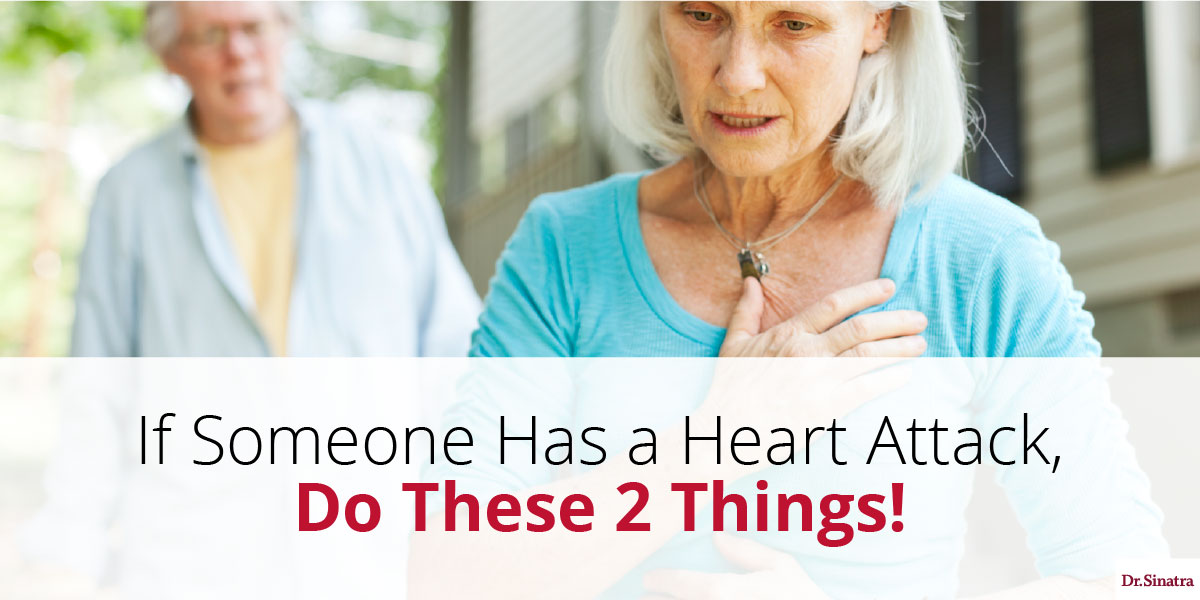
A heart attack can strike anyone, anywhere, at any time. Many people think a heart attack will never happen to them and take their heart health for granted. Then, the next thing they know they’re a patient on the critical care unit for cardiovascular issues. I hope you never need this information and, chances are good, that if you’ve been following my heart health advice over the years, you won’t have a heart attack.
But none of us ever knows when we may find ourselves riding in an ambulance praying for the survival of a friend, neighbor, or loved one who has just had a heart attack. Should this happen to you, or someone you know, I want you to have the information you need.
Quick Action Can Prevent a Heart Attack from Being Fatal
Time is of the essence when you're dealing with the heart. Research shows that people who get to the emergency room within 30 minutes of having a heart attack have a far better chance of survival than those who seek treatment hours later. In fact, there are two things you can do immediately if someone has a heart attack that could greatly improve their chances of surviving a heart attack—and you want to do them in this order.
1. Call for an ambulance! The first thing you want to do is call for an ambulance and then stay at the person's side until help arrives. If the person is unconscious, you want to call 911, and then begin CPR. If you think you're having a heart attack, call for an ambulance and don't attempt to drive yourself to the emergency room.
2. Next give the person an aspirin to chew on until the ambulance arrives. Chewing the aspirin (not swallowing it) helps to get it into the bloodstream quicker. You also want to make sure you're giving the person a true aspirin, not ibuprofen, acetaminophen, or another pain reliever. That's because aspirin is a highly effective blood thinner. In fact, I encourage you to keep aspirin on-hand, whether in your purse or wallet, in case you or someone near you suffers a heart attack.
Once you’re at the hospital, things will move very quickly. Ideally, you want an experienced cardiologist or an emergency room physician who is accustomed to giving clot-busting drugs. But if you’re at a rural hospital, any M.D. is better than no M.D., and, when it comes to a heart attack, it’s far less risky to work with someone who’s not your first choice than it is to be transferred when your condition is acute and unstable.


